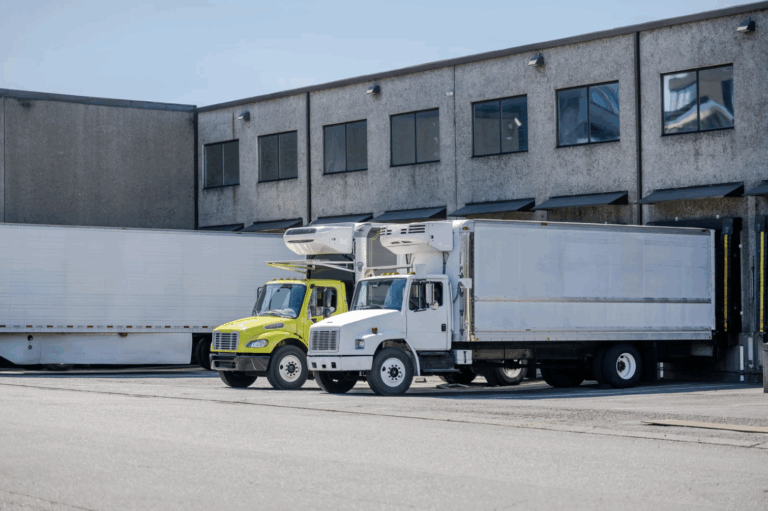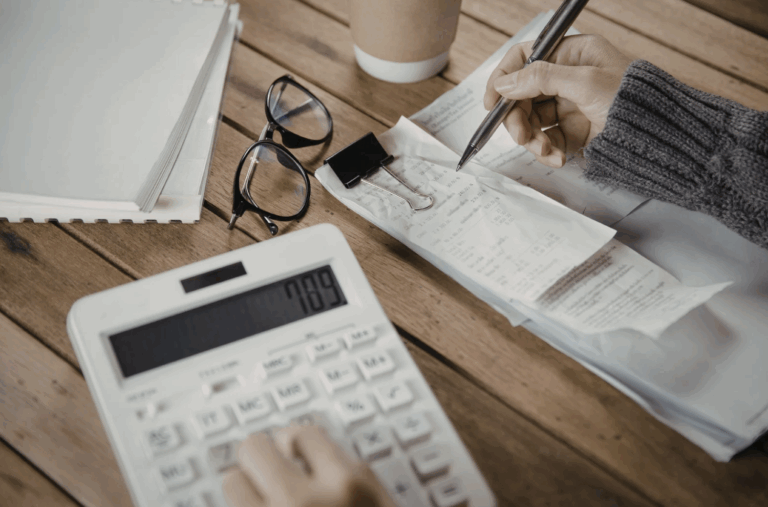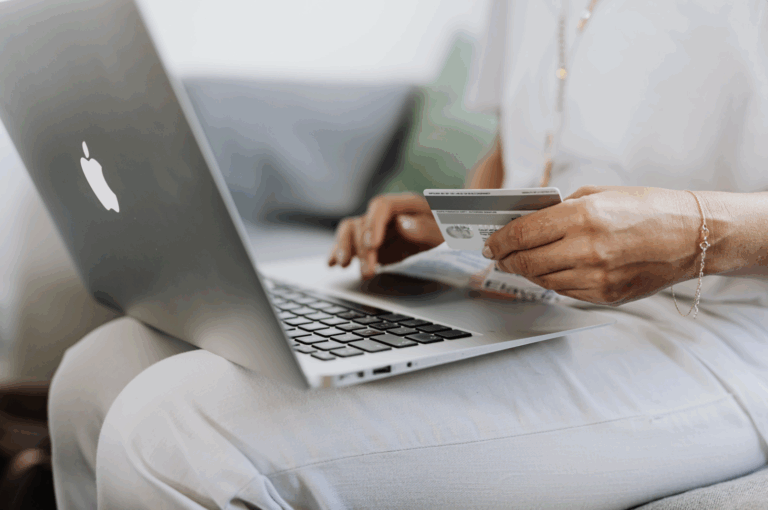In the wake of economic challenges — like the COVID-19 pandemic — many small business owners turned to the COVID-19 Economic Injury Disaster Loan (EIDL) program for financial relief.
If you received an EIDL during the pandemic, you may wonder if you qualify for disaster loan forgiveness. This guide explains EIDL loan forgiveness eligibility and current relief options for managing your existing loan.
Is EIDL Loan Forgiveness Available?
Unfortunately, there is no current program for complete disaster loan forgiveness for EIDL loans. Like most other SBA loans, EIDL loans must be repaid according to the loan term and conditions agreed upon with the SBA.
Unlike the Paycheck Protection Program (PPP), which was designed with forgiveness provisions, EIDLs do not qualify for automatic forgiveness. While the SBA technically has an Offer in Compromise program for partial loan forgiveness, it has become largely inaccessible and is not effectively operational for most EIDL borrowers as of 2025.
What Was the EIDL Advance?
The one exception to EIDL loan forgiveness was the EIDL Advance. During the COVID-19 pandemic, the SBA offered an EIDL Advance (also called a grant) of up to $10,000 that functioned as automatic EIDL loan forgiveness for that portion.
The amount was determined by the number of employees ($1,000 per employee, up to $10,000), and this advance did not require repayment. If you received both an EIDL loan and advance, you are only responsible for repaying the loan amount, minus the advance.
What Are Your Options If You Can’t Repay Your EIDL?
If you’re facing difficulties repaying your EIDL, it’s important to explore all available options. While full EIDL loan forgiveness isn’t available, there are several current strategies to restructure the loan or alleviate the burden of payments.
| Relief Option | Who Qualifies | Key Benefits |
|---|---|---|
| Hardship Accommodation Plan (HAP) | Borrowers behind on payments or in default (but not yet in Treasury Cross-Servicing) | Reduced monthly payments based on ability to pay; don’t need to be current to enroll |
| Offer in Compromise | Business permanently closed with all assets liquidated (rarely approved) | Settle debt for less than full amount owed (though approvals are extremely rare as of 2025) |
| 30-Month Deferment | All COVID-19 EIDL borrowers (loans from 2020-2022) | First payment not due until 30 months after loan approval (already in effect) |
| SBA Counseling | All EIDL borrowers | Free business planning and financial guidance |
Hardship Accommodation Plan (HAP)
In February 2024, the SBA expanded eligibility for its Hardship Accommodation Plan to assist borrowers struggling with loan payments. This expansion includes borrowers who are behind on payments, in default but not yet in Treasury Cross-Servicing, and those who have previously participated in HAP.
If you were previously denied HAP, consider reapplying under the new eligibility criteria. You don’t need to bring your loan current to enroll in HAP. However, if you miss HAP payments, your loan will re-enter default and proceed towards Treasury referral.
To request a hardship accommodation, you can email CESC@sba.gov with your loan number, hardship explanation, and financial documentation.
Offer in Compromise
The Offer in Compromise (OIC) program technically still exists, but has become largely inaccessible for EIDL borrowers. While the SBA continues to accept OIC applications for COVID-19 EIDLs, the eligibility criteria are extremely stringent:
- Your business must have permanently ceased operations
- All business assets must have been liquidated following SBA guidelines
- You must submit detailed financial documentation (SBA Form 1150 and SBA Form 770)
Importantly, there have been no confirmed approvals of OIC applications for COVID-19 EIDLs in recent years. While the program exists on paper, it is not effectively operational for most EIDL borrowers. If your business has permanently closed and you’ve liquidated all assets, you may technically be eligible to apply, but approval is unlikely based on current trends. Learn more about debt settlement strategies.
Deferment
The SBA granted a 30-month deferment from the original note date for COVID-19 EIDL borrowers, meaning your first payment wasn’t due until 30 months after your loan was approved. Interest continued to accrue during this deferment period.
This deferment applied to all COVID-19 EIDL loans approved in 2020, 2021, and 2022, but does not apply to non-COVID disaster loans. The 30-month deferment has now expired for most borrowers, and the SBA has confirmed it will not be extended.
Financial Counseling Resources
The SBA offers free or low-cost counseling through its national network of Resource Partners. These organizations can help review your business plan, identify capital access opportunities, and provide information on tax benefits.
Contact your local District Office or search online for available resources in your area.
What Happens If You Default on an EIDL?
If you default on your EIDL loan, the consequences can be serious. The default rate on COVID-19 EIDL loans has been rising as businesses continue to struggle post-pandemic, making it crucial to address payment difficulties early.
The SBA may refer your loan to the Treasury Department for collection through Treasury Cross-Servicing. This can result in:
- Wage garnishment
- Offset of federal payments (including tax refunds and Social Security benefits)
- Negative impacts on your credit report
- Liens on business assets that were pledged as collateral
- Personal liability if you signed a personal guarantee
The Treasury Department has extensive collection powers that can significantly affect your personal finances. If you’re struggling with payments, it’s critical to contact the SBA proactively to explore hardship options before defaulting.
For businesses considering other options, learn about business debt relief alternatives.
What Are SBA EIDL Loans?
The Economic Injury Disaster Loan (EIDL) program was a federal loan program administered by the U.S. Small Business Administration (SBA). It provided financial assistance to small businesses and other organizations that suffered substantial economic injury due to a declared disaster.
Who Qualified for EIDL Loans?
EIDLs were available to small businesses, most private nonprofits, and agricultural businesses affected by a declared disaster. The loan was only available in areas where there was an official disaster declaration by the federal government.
Note: The COVID-19 EIDL program stopped accepting new applications on January 1, 2022, and the portal closed on May 16, 2022. This article is for business owners who already have an existing EIDL loan.
EIDL Loan Terms and Amounts
Businesses could borrow up to $2 million based on the actual economic injury and the business’s financial needs. The loan term is typically 30 years with interest rates of 3.75% for small businesses and 2.75% for nonprofits.
Approved uses included:
- Working capital and normal operating expenses
- Health care benefits
- Rent and utilities
- Fixed debt payments
- Other bills that would have been paid if the disaster hadn’t occurred
EIDL funds could not be used to:
- Refinance long-term debt
- Expand a business
- Start a new business
For loans over $25,000, the SBA required collateral if available. For loans over $200,000, the SBA also required a personal guarantee, meaning the business owner is personally liable for repaying the loan if the business cannot.
Key Takeaways: Managing Your EIDL Loan Obligations
- EIDL loans are not forgivable – Unlike PPP loans, EIDL loans must be repaid over 30 years
- EIDL Advance did not require repayment – The grant portion (up to $10,000) was automatically forgiven
- Limited relief options available – Hardship Accommodation Plan and counseling can help, but Offer in Compromise is largely inaccessible
- Act early to avoid default – The Treasury Department has powerful collection tools including wage garnishment and tax refund offsets
- Personal guarantees matter – Loans over $200,000 required personal guarantees, making you personally liable
- The program is closed – No new EIDL applications are being accepted as of January 2022
The COVID-19 Economic Injury Disaster Loan program, particularly its forgivable advance, played a vital role in helping businesses navigate the economic fallout of the pandemic. While disaster loan forgiveness is not available for the main loan amount, understanding your current repayment options — including the Hardship Accommodation Plan and other relief programs — can help you manage the loan term and prevent default and its serious consequences with the Treasury Department. Note that while the Offer in Compromise program technically exists, it has become largely inaccessible for EIDL borrowers as of 2025.
If you’re struggling with SBA EIDL payments and are concerned about going into default – or are currently in default and considering your options – it’s a good idea to consult with an experienced debt relief attorney who can recommend the best solution to pursue. Call our law firm for a free consultation at 866-890-7337 or fill out our short contact form, and we’ll get in touch. We never share or sell your information and all conversations are confidential.
Frequently Asked Questions About EIDL Loan Forgiveness
No, EIDL loans are not forgivable and must be repaid. The only exception was the EIDL Advance (up to $10,000), which did not require repayment. However, you may qualify for current programs like the Hardship Accommodation Plan to reduce your payment burden.
PPP loans were designed with forgiveness provisions if used for specific purposes like payroll, rent, and utilities. EIDL loans are traditional loans that must be repaid over 30 years, regardless of how the funds were used.
No, the EIDL Advance (up to $10,000) was a grant that did not require repayment. Only the main EIDL loan amount must be repaid.
If you can’t make payments, contact the SBA immediately to explore options like the Hardship Accommodation Plan or other relief programs. Ignoring the debt can lead to default, Treasury referrals, wage garnishment, and damage to your credit.
Technically, the SBA’s Offer in Compromise program still exists, but it has become largely inaccessible. To qualify, your business must have permanently closed and all assets must be liquidated. Even with these strict requirements met, there have been no confirmed approvals of OIC applications for COVID-19 EIDLs in recent years. As of 2025, the program exists on paper but is not effectively operational for most EIDL borrowers.
Yes, defaulting on an EIDL can negatively impact your credit report. Additionally, if you signed a personal guarantee (required for loans over $200,000), you are personally liable for the debt, and the Treasury Department can garnish wages and offset federal payments.





